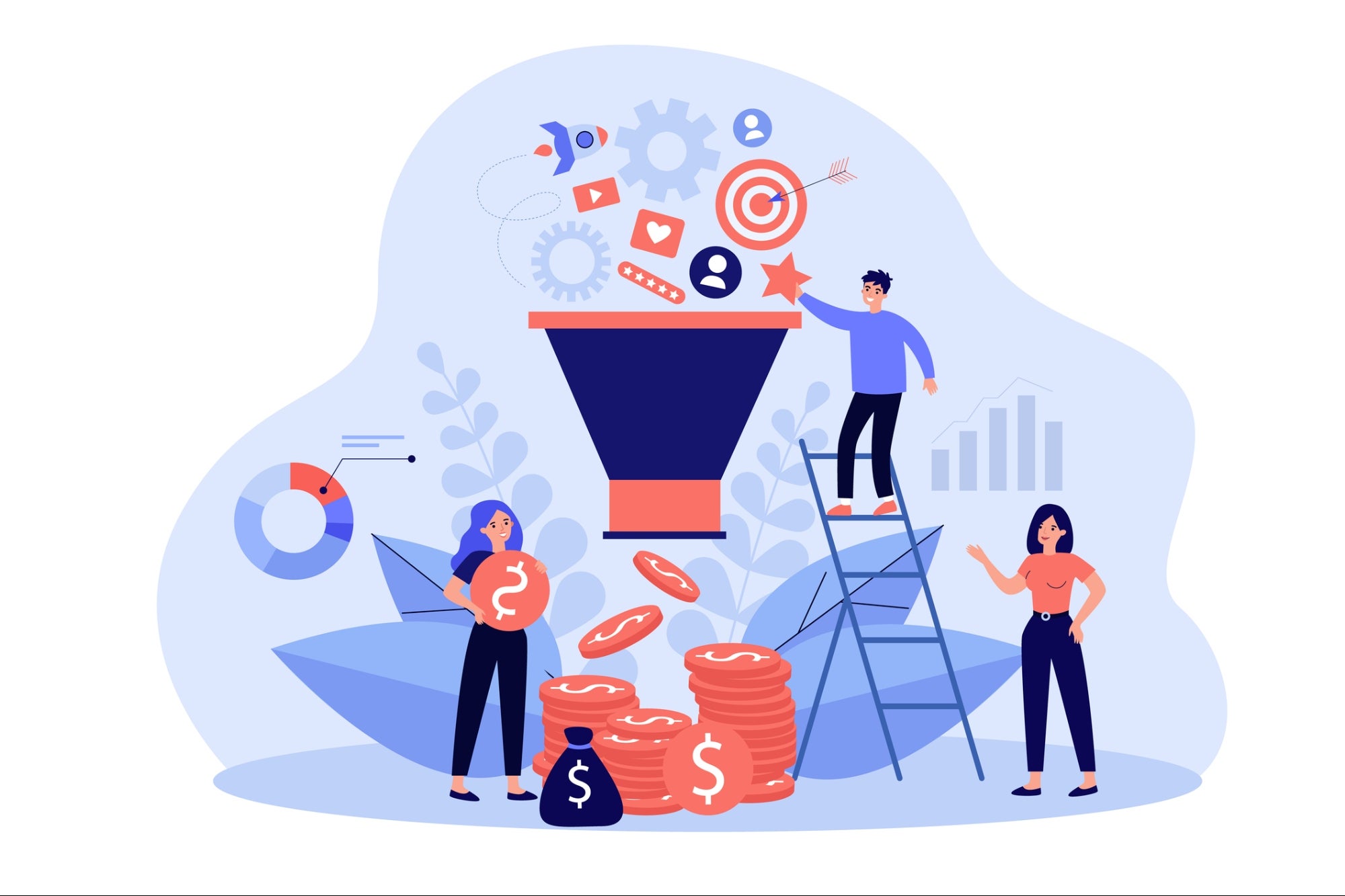Opinions expressed by Entrepreneur contributors are their own.
Nowadays, economies have two options: consider the pandemic history and move on, or transform their business processes to become immune to the impacts of such disruptions. In either case, the face of marketing will never be what it was two years ago.
Here are some of the developments we expect to see once this cloud lifts.
Social media and networking will work to reclaim lost ground
Many organizations have achieved digital transformation over the last few years, allowing them to leverage digital networking presence in a big way. The exciting part is that now all marketing digital channels offer measurability of efforts, which can put a number to the investment. In the future, this will become a helpful attribute since it will put an ROI to the networking efforts.
Analytics will show the accurate picture and become the foundation of insightful digital marketing and social channel decisions. Studies show how strongly LinkedIn can impact a marketing initiative, and in the new world order, that may become even stronger. The coming quarters and years will firmly prove that relationships matter and that strong online connection is invaluable.
For online presence, UX will be critical. Customer expectations have hit the roof, as companies have accelerated their digital transformation, and with it, the ability to meet almost every need of the customer digitally. There is no going back.
It would be prudent to say that every brand is competing hard to come up with the latest experiential marketing episode for every customer. Brands will not be the competition anymore; it will be the experience of competing brands. So the feel, personal touch and personalization of strategy and messaging are what will win the day.
Related: A Rock Band You Can Look Up to for PR Inspiration
The power of listening
The last two years have allowed everyone to absorb how communication has changed globally. After the jolt that businesses have received, the market demands transparency, honesty and deep-driven concern. The best companies can do is attempt to be sincere about their communications. An EY study shows that brands that back socially responsible concepts like ethical sourcing and sustainability are increasingly crucial to selecting products and services.
This has ensured that messaging becomes more insightful, if subtle, from now on. Listening carefully to what the customer isn’t saying — that’s the crux of creating intelligent messaging. Over the next few years, the focus of marketing messages needs to be on sustainability, health safety and community support. Going forward, knowing the customer will not be enough. Knowing the customer segment and understanding its aspirations, its ideals and objectives will be the data required to craft customized marketing messages. This is the future, and it’s already here.
Virtual is great, but in-person events will be back too
Over the last few years, customer conversations have increasingly taken the top role in B2B marketing. But as virtual became the new normal, technology has succeeded in catching up with the need for better and more lifelike interactions and meetings online. While webinars are not a new concept, virtual breakout rooms will take a giant leap to replace face-to-face meetings.
Podcasts and virtual meets will replace physical sessions to a large extent, driven by lower costs and better network and collaboration tools. Podcasts are now an effective B2B marketing communication tool, and most media are leveraging it with great success. In fact, according to research, 76.2% of European consumers have consumed more audio content since the pandemic started than they did before.
In addition to audio, one-on-one gamification, VR and AR will likely take important spots for B2B communications over the next few years.
Despite the temptation of virtual events, there is no doubt that in-person events will make a comeback very soon and will be here to stay. People have missed the buzz of event halls, conferences, networking and peer conversations in hospitable circumstances, not dry screens. But, to keep the balance between economics and experience, the future likely holds hybrid events — in-person physical events with an element of the virtual.
Related: Websites Matter More Than Ever. So Why Do Many Still Fall Short?
Tech stack will matter, but brand values will matter more
While the technology stack will help brands get their numbers in terms of marketing processes, the real value to the strategy will be a basket of factors — an important factor being the values inherent in the messaging.
Technology stacks by themselves do not deliver value; it is the data that provides insights and human enablement that drives the conversion of those insights into actionable strategies. The human element impacts every bit along the way. Human values thus color the marketing process and ensure that technology delivers maximum value.
As the new normal settles in, marketing will take on an entirely new flavor. Instead of being about a product, it will be a gentle blend of strategies, values and technologies, with customization of solutions and services at its core. The pandemic has made an indelible impact on marketing strategies, but one could certainly say this change may be the course correction leading to better and more impactful marketing activity.
Related: Where Franchisors are Headed in the Marketing World
